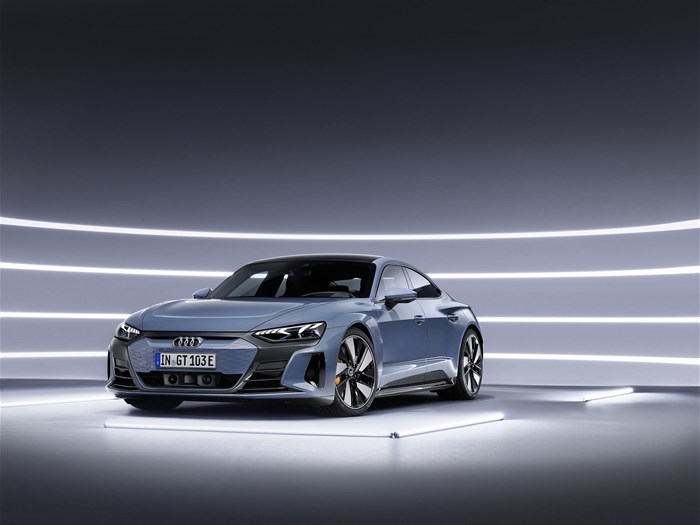
The buying habits of the South African consumer aside, this is a rethink that needs to happen if the local motor industry is to maintain its relatively significant global footprint in the world of manufacturing, assembly and export.
Key to both the introduction of more affordable electric vehicles (EVs) into our market, as well as securing the future of the vital vehicle manufacturing sector is the South African government lifting its heels when it comes to both a shift in policy and a rethink of the current taxation structures associated with the import of all-electric cars into our market.
A chat with the CEO of the National Association of Automobile Manufacturers of South Africa (Naamsa), Mikel Mabasa, confirmed the broad level of frustration within the industry at the slow pace with which the Department of Trade and Industry, as well as the National Treasury is moving at when it comes to making EVs a more viable prospect in our market.
According to Mabasa, compared with the around 18% import duty currently added to the price of a vehicle with an internal combustion engine landing in South Africa, an all-electric vehicle is taxed by up to 25%. Using BMW as an example, this would imply the brand could potentially bring in a flagship X7 SUV for less than a (recently discontinued) i3 electric city car.
The most affordable all-electric vehicle (Eleksa CityBug aside) currently on sale in South Africa is the Mini Cooper SE, retailing at R658,000. By comparison, pricing on this brand's flagship JCW range starts at R680,000.
Added to this, the average price associated with an EV’s battery pack means the current crop of electrically-propelled vehicles is also subject to 17% ad valorem (luxury tax) in our market. Suffice to say, the EVs currently being touted for launch in 2022 – and joining the likes of the ground-breaking Jaguar I-Pace and newer Porsche Taycan packages – are broadly being viewed as marketing tools for their respective makers’ documented emissions-free future, rather than immediate replacements for a combustion-engine portfolio.
Mabasa confirmed to EVLiving that a “green paper” highlighting the much-needed rethink on policy and taxation of EVs was submitted to government by the Department of Trade, Industry and Competition (DTIC) on 18 May 2021 and that he remains hopeful that the formalisation of this into a “white paper” could then be approved before the end of 2022.
The aim of this paper is to “position South Africa at the forefront of advanced vehicle and component manufacturing”. It also proposes a wide range of solutions, including the re-skilling of factory workers and the adoption of more sustainable manufacturing processes.”
With potentially dire consequences for our manufacturing sector, the perceived uncertainty in policy when it comes to decisions around energy generation and a move towards “cleaner” modes of transport could force the hand of any of the seven global automotive brands that currently assemble vehicles at facilities in South Africa; 64% of these respective products destined for overseas markets.
On the infrastructure required to be able to accommodate a growing number of all-electric cars in our market, Mabasa applauds the work already undertaken by the likes of Jaguar, BMW, Audi and Mercedes-Benz (notably in partnership with GridCars SA) in terms of growing this network. Indeed, South Africa currently boasts a relatively impressive grid of charging facilities compared with the numbers of EVs on our roads.
That said, once again, a clarification in policy when it comes to both the standardisation of this infrastructure, as well as around the role that independent power producers might play in this field, is overdue. Also, how “clean” can the energy being pumped into an all-electric vehicle be if it’s being produced via coal.
Imagine a scenario where, following the lead from markets like Scandinavia and China, the South African government incentivises the purchase of an EV over an equivalent vehicle with an internal combustion engine. In the meantime, the concern is that we fall critically behind the rest of the world when it comes to the adoption of EV.
Read more about EVs in South Africa here.
